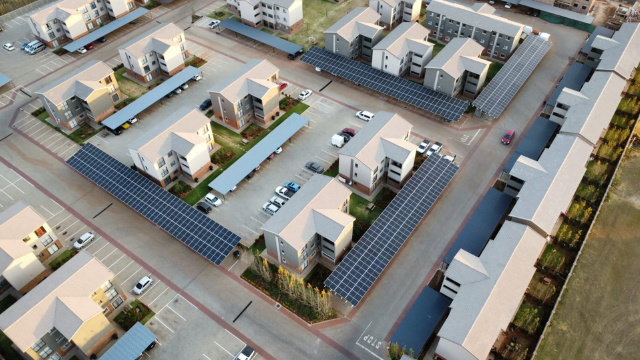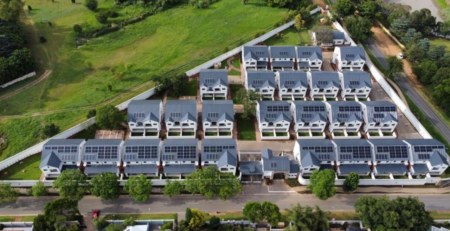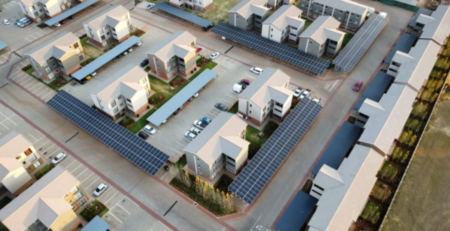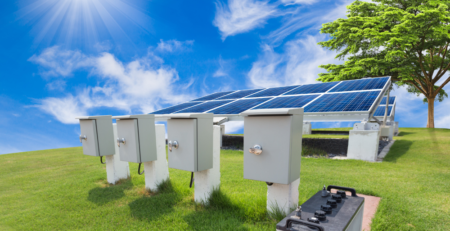The future of load shedding in South Africa: a call for solar energy adoption
Load shedding in South Africa has long been a pressing issue, disrupting daily life and economic activities. Although there has been a recent pause, experts warn that it is not gone forever. South Africans need to take proactive measures, such as installing solar energy systems, to ensure a stable power supply in the future.
Understanding the current state of load shedding
The electricity supply industry in South Africa is undergoing significant changes. While the frequency and intensity of load shedding have decreased, this improvement is not solely due to increased generation capacity. Instead, it reflects broader structural issues and shifts in the energy landscape.
- Demand trends
The demand for Eskom grid electricity continues to decline for several reasons:
- Weak economy: South Africa’s sluggish economy has led to generally flat overall electricity demand.
- Rising prices: The escalating costs of Eskom and municipal electricity, often exceeding inflation rates, have dampened demand for Eskom-generated power.
- Unreliable supply: Frequent load shedding and the unreliable supply of Eskom and municipal grid electricity have negatively impacted overall electricity consumption.
- Shift to alternatives
Many customers are adopting self-generation and alternative energy sources, such as rooftop solar PV, battery energy storage, and energy-efficient practices. This trend is accelerated by the increasing number of renewable energy and battery storage projects coming online across the country.
- Eskom’s burden
These changes are alleviating the burden on Eskom, which has struggled in recent years. However, the methodology for tariff calculations allows Eskom to increase tariffs based on declining sales volumes, creating a cycle of rising prices and declining sales.
Load shedding is likely to return
Despite recent improvements, energy experts warn that load shedding will likely return as demand increases, especially during colder weather. Eskom has highlighted that South Africa recently went around 70 days without load shedding, attributing this to its Generation Operational Recovery Plan, which began in March 2023. The plan involved:
- Expediting planned maintenance
- Increasing preventative maintenance
- Carrying out major plant refurbishments
- Implementing life extension projects
These efforts have led to a reduction in unplanned maintenance and an improvement in Eskom’s energy available factor (EAF), preventing load shedding for two months. However, as winter progresses and electricity demand rises, the pressure on Eskom’s generation fleet is increasing. City Power has warned Johannesburg residents of potential prolonged power outages, labelled as load reduction, if electricity is not used sparingly.
Encouraging solar energy adoption
Given the ongoing challenges with load shedding and the uncertain future of Eskom’s capacity, South Africans should consider alternative energy sources, particularly solar energy. Here are some reasons why:
- Reliable power supply
Solar energy systems can provide a reliable power supply, reducing dependence on the grid and mitigating the impact of load shedding.
- Cost savings
While the initial investment in solar panels and battery storage can be significant, the long-term savings on electricity bills make it a worthwhile investment. Additionally, as Eskom continues to raise tariffs, the cost-effectiveness of solar energy becomes even more apparent.
- Environmental benefits
Solar energy is a clean and renewable energy source, contributing to the reduction of greenhouse gas emissions and helping to combat climate change.
- Energy independence
By generating their own electricity, South Africans can achieve greater energy independence, reducing their vulnerability to the inconsistencies and failures of the national grid.
- Increased property value
Installing solar panels can increase the value of properties, making them more attractive to buyers and/or renters who are looking for energy-efficient homes.
Conclusion
While the recent pause in load shedding is a positive sign, it is not a permanent solution. South Africans must be proactive in securing a stable and reliable power supply for the future. Installing solar energy systems in homes and community schemes is a practical and effective way to achieve this. By embracing solar energy, South Africans can reduce their dependence on Eskom, save on electricity costs, and contribute to a cleaner environment.
It’s time to take charge of our energy future and ensure that we are not left in the dark when load shedding inevitably returns.





